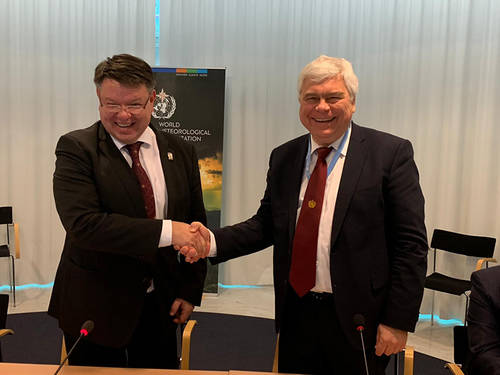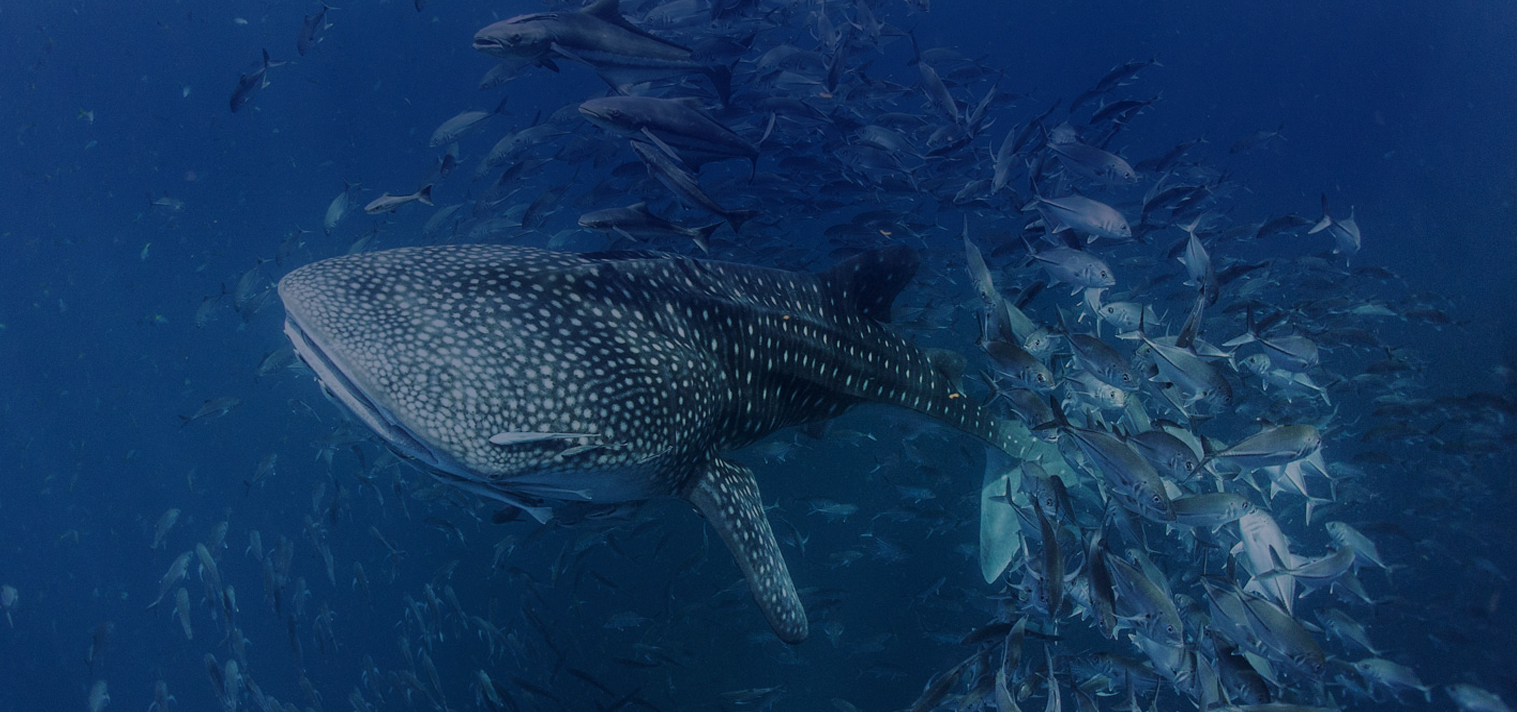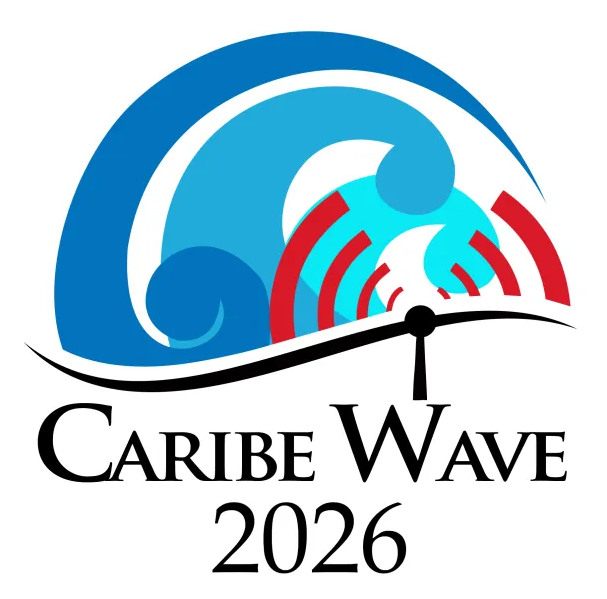New agreement bolsters UN work on ocean observations, research and services
Share:
WMO Secretary-General, Petteri Taalas, and IOC Executive Secretary, Vladimir Ryabinin, signed new Letter of Agreement between their organizations.
Geneva: At a meeting of UN Oceans, the UN’s inter-agency coordination mechanism for ocean issues, the World Meteorological Organization (WMO) and UNESCO’s Intergovernmental Oceanographic Commission (IOC) signed a new agreement to strengthen collaboration between the two organizations on matters of ocean observing and related services.
Chair and Host of the UN Oceans meeting, WMO Secretary-General Petteri Taalas outlined the central importance of the ocean to the WMO Forward Strategy, and plans to strengthen the coordination of WMO ocean activities into the future.
"Almost all we do is done in partnership. This is why WMO values its membership in UN-Oceans to better coordinate on ocean matters," said Mr Taalas.
Mr Taalas and IOC Executive Secretary Vladimir Ryabinin said they are committed to greater cooperation between to two organizations across Ocean Observations, Research and Services, including contributions to the UN Decade of Ocean Science for Sustainable Development.
"To be successful and transformative, the UN Decade will need the contribution of all UN partners, including those with a strong science and technical focus such as WMO. Today with this pledge to strengthen collaboration on science and observation, our two organizations are showing the way forward," said Mr Ryabinin. Read More...







